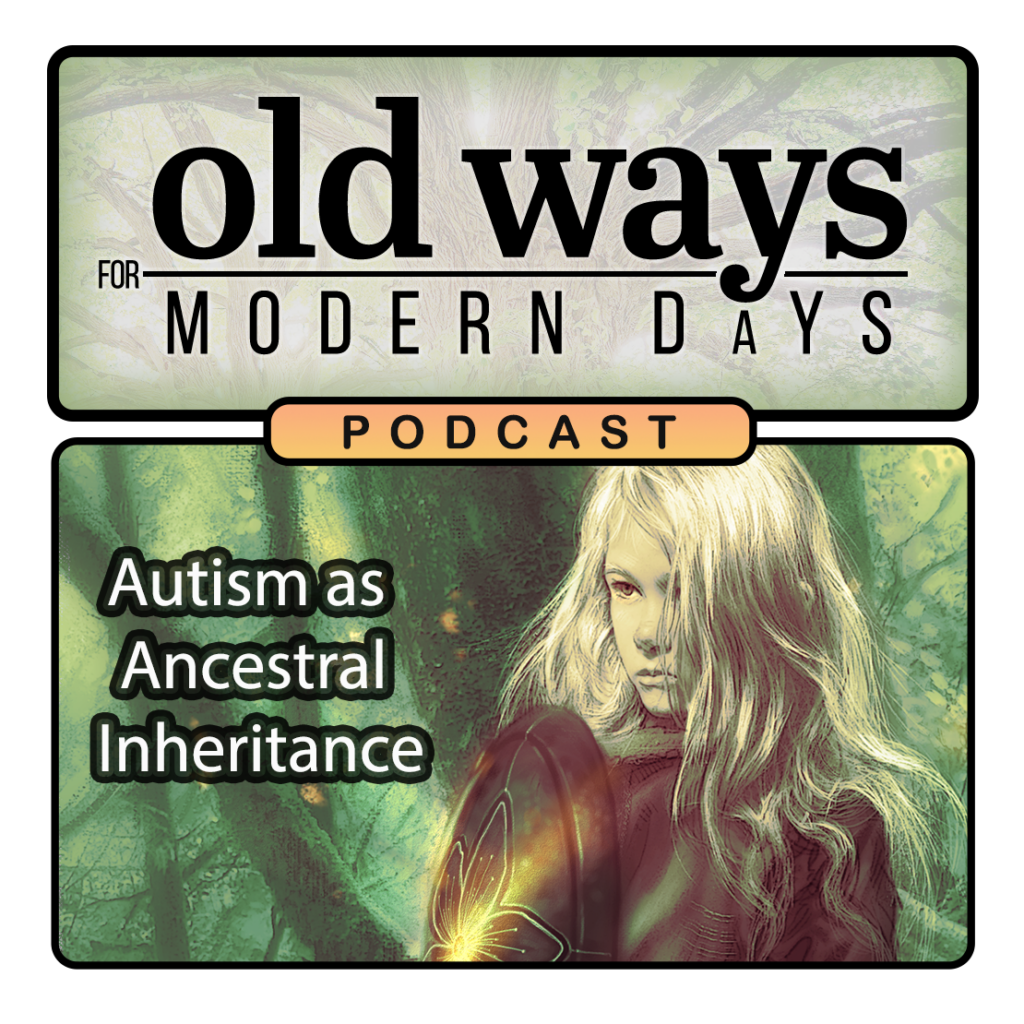 A sacred reframe of neurodivergence through story, struggle, and old-world wisdom.
A sacred reframe of neurodivergence through story, struggle, and old-world wisdom.
What if autism isn’t a modern diagnosis but an ancient inheritance?
Not a superpower.
Not a pathology.
But a different kind of knowing.
A sacred thread carried in blood and bone, passed down by those who came before.
In this new episode of Old Ways for Modern Days, I offer a deeply personal and research-supported reframe of neurodivergence—viewing autism not through the lens of dysfunction, but as ancestral memory. A blueprint. A sacred role we once knew how to hold, and is badly needed in our world, today.
And it couldn’t come at a more charged moment.
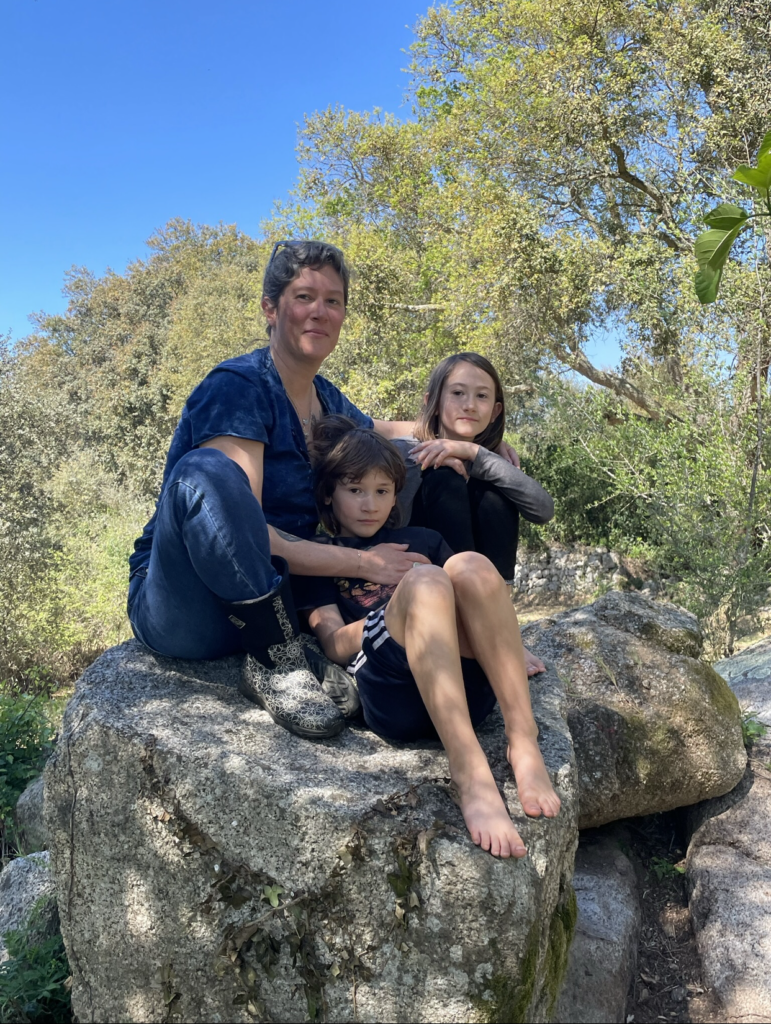
As an anthropologist, writer, and mother of two neurodivergent children, I know what it means to live in a world that was not built for these ways of being. But I also know—deeply, spiritually—that these traits have endured for a reason.
A Rising Conversation, A Call for Nuance
There’s a lot of noise right now—in the autism community, in the news cycle, and in political rhetoric, where nuance so often goes to die.
RFK Jr.’s recent comments describing autism as “destroying families” have sparked outrage and grief. Many feel his words were insensitive or tone deaf. Others in the community are understandably hurt by this language. But others, particularly parents of children with high support needs, expressed quiet relief. Someone had finally said aloud how hard this path can be. Not because our children are broken. But because the current world order was never built to support them or our families.
It’s uncomfortable territory. But it’s also vital we talk about it.
I believe this moment is an invitation to have a broader, deeper conversation—one that doesn’t pit identity, or cause against support, one that can hold grief and reverence at the same time.
Because what this moment invites—what this month, Autism Awareness and Acceptance Month, can invite—is an important conversation.
Not either/or. But both/and.
Autism is ancient. It’s not a modern invention.
We know from genetic studies that neurodivergence is highly heritable (60-90% based on various studies), meaning that these traits have persisted across time and geography. We also know that evolution tends to discard traits that serve no purpose—so the fact that autism continues to appear in our species, across every culture and generation, means it’s here for a reason.
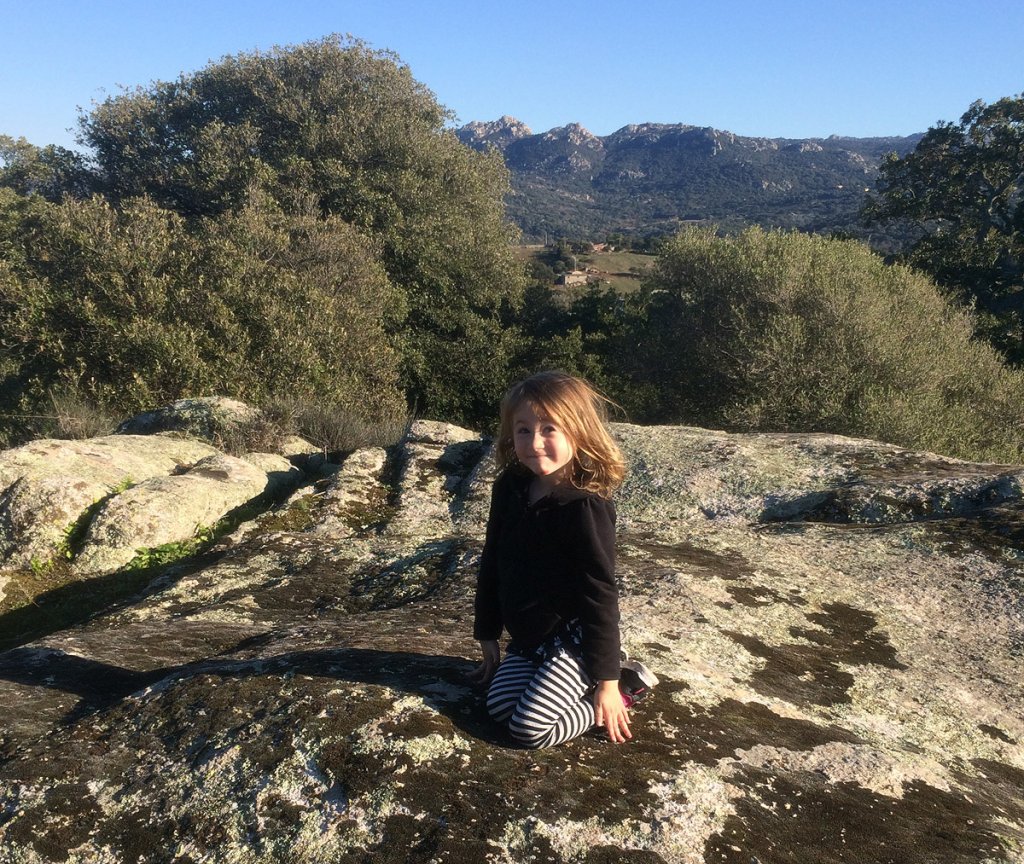
Echoes in Stone and Science
We imagine autism as a modern phenomenon. But archaeology and science suggest otherwise.
In Germany, the 9,000-year-old burial site of the Shaman of Bad Dürrenberg tells a different story. Her remains show signs of neurological difference. Yet she was buried with feathers, beads, and antlers—clearly honored as someone sacred. A healer. A seer. A woman whose unique way of experiencing the world was not dismissed, but revered. There are others like her.
One modern study from the University of Arizona found that people with ADHD outperformed neurotypical participants in simulated foraging tasks. Their fast-switch attention and exploratory instinct led to more berries gathered. In a pre-industrial world, this wasn’t a deficit. It was a strength.
Yet science also shows us that genetics alone don’t tell the full story. Epigenetics teaches us that the environment matters—genes are turned on or off by what surrounds us: toxins, trauma, hormonal shifts, stress, air pollution, and food. Traits that might lie dormant for a generation or two might emerge under stress.
This is true for many autoimmune diseases, breast cancer, Parkinson’s, Alzheimer’s… and possibly autism too.
If these traits have persisted across millennia, could it be because they served a purpose?
What If Autism Is a Response?
What if the rise in diagnoses isn’t just about better screening, surely that is undeniably part of it, but what if there is something else going on?
What if the world’s overwhelm, spiritual disconnection, collapse of ecosystems, is calling forward these ancient traits?
The pattern-seers.
The fairness-keepers.
The truth-tellers.
What if the rise in autism today is not a sign of something going wrong, but something going right?
A sacred interruption.
What if the environmental damage we’ve caused to the Earth is calling these ancient traits forward—summoning sacred disruptors because the Earth needs them, needs us, again?
What if these children are not part of an epidemic, but arriving precisely on time to fulfill a sacred purpose?
I don’t have the answers, but I will keep asking questions.
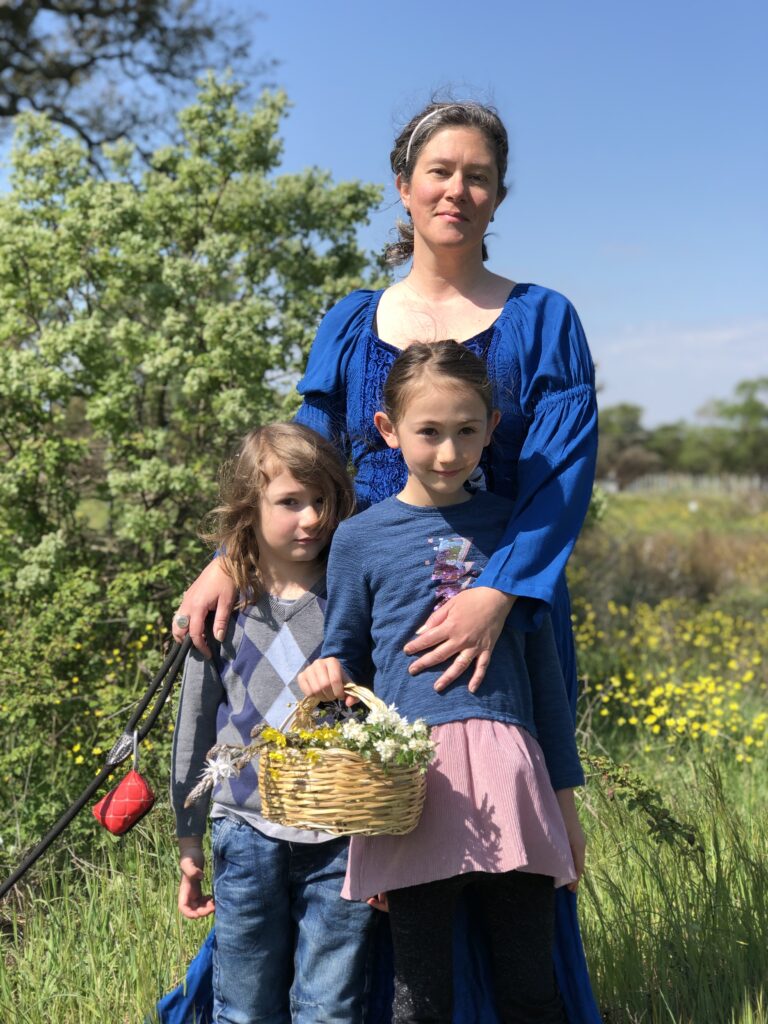
A Mother’s Perspective
This isn’t just theory—it’s personal.
I’m the mother of two neurodivergent children.
And I’ve spent the last decade navigating a world that often doesn’t know how to hold them.
There were years we struggled to get a diagnosis. To be believed. To receive the support my daughter desperately needed. We were met with shrugs, delays, and systems that assumed pathology without understanding purpose.
But in those wilderness years—when the institutions failed us—I turned to something older.
The old ways. The land. The ancestors.
And they gave me tools.
The kind of support our children once would have had from an elder, a community, a knowing village.
And what I learned was this:
When we stop trying to “fix” these children and start listening to them, they become our teachers.
My daughter’s shriek—sharp enough to crack glass—might once have rallied warriors on a battlefield. Her persistent drive for autonomy and equality, her holy rage for fairness might have made her a Law-Keeper, and maybe she will fight against injustice when she gets older.
My son’s hands are always in motion, building miniature cairns, balancing stones in sacred geometry. We joke he’s been building nuraghi, the ancient stone towers of Sardinia since he could walk. Maybe he will build bridges out of broken footpaths.
Their medicine is ancient. And it’s needed. Today more than ever. It has certainly taught me to do better, to question more, and to trust them.
An Invitation to Remember
As parents of neurodivergent children, we often find ourselves fighting for the support our kids need. But there’s another layer to that advocacy, too—one we don’t talk about enough: the responsibility to stay curious, to keep asking questions, to wonder—not just what services our children need but why they are the way they are, what might be contributing, and what they might be trying to show us.
We track triggers like loud noises or tags in their clothes and work around them. But what if we applied that same loving investigation to the internal landscape of their bodies? Their genes? Their environments?
Maybe autism is not shaped by environmental factors. But what if it is?
Do we really know enough to say—with full certainty—that it isn’t?
And if there’s even a possibility that our damaged ecosystems are activating these traits then don’t we owe it to our children, and their lineage, to listen?
What if neurodivergence is a sacred instruction?
Maybe this rise in diagnosis is in part the Earth calling in her memory-keepers.
Maybe it’s the ancestors saying: Bring back the ones who remember. The ones who see the rift in the patterns and perhaps know exactly what we need to heal if we give them the space to show us.
The Roles We Once Held—And Still Can
In ancestral communities, neurodivergent traits weren’t pathologized. They were understood. Held. Honored.
The bard. The law-keeper. The ritualist.
The child who could not lie.
The one who felt the change of season in their bones.
The one who refused to obey unfair rules.
The one who lived in their own luminous world.
These traits were not weaknesses.
They were instructions.
In our modern world, we’ve lost those maps. But that doesn’t mean the gifts are gone. It’s time to start listening.
Listen now: Autism as Ancestral Inheritance – the Podcast Episode
And if it speaks to you, please share it.
With friends. With parents. With educators. With those who love someone who’s wired a little differently.
Because we’re not broken.
We’re remembering.
Further Reading & Resources
— Zahorodny, W., Rutgers University: On the real rise in autism diagnoses
— Epigenetics in Neurological and Psychiatric Disorders (Frontiers in Genetics, 2022)
— Environmental Influence on Neurodevelopmental Disorders (Environmental Health Perspectives, 2021)
— Autism and Air Pollution (Harvard School of Public Health, 2020)
Related Posts:
Modern Matriarchy
What’s in a Name?
Embracing Il Dolce Far Niente, Ferragosto & Neurodivergent Celebrations
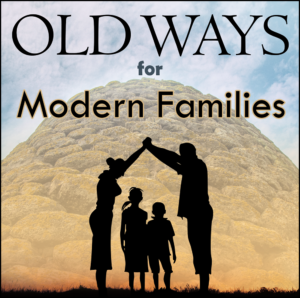 Old Ways for Modern Families Course
Old Ways for Modern Families Course
Parenting isn’t something we’re meant to do alone. For centuries, our ancestors had rituals, wisdom, and community to guide them through life’s milestones. I created Old Ways for Modern Families because I needed those tools in my own journey. This course is my gift to families who want to reconnect to that timeless guidance, because our children deserve a path rooted in love, wisdom, and tradition.
If you’ve ever longed for deeper connections within your family, tools to honor life’s transitions, and your child’s unique gifts, or a way to weave ancestral wisdom into daily life, this course was made for you.


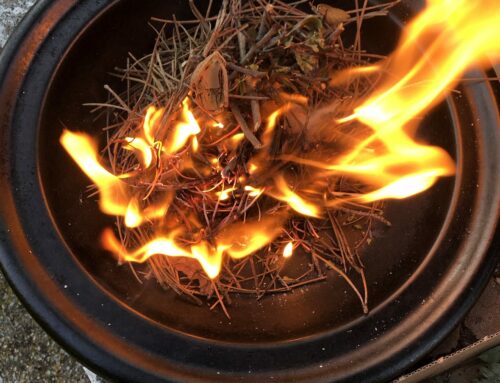

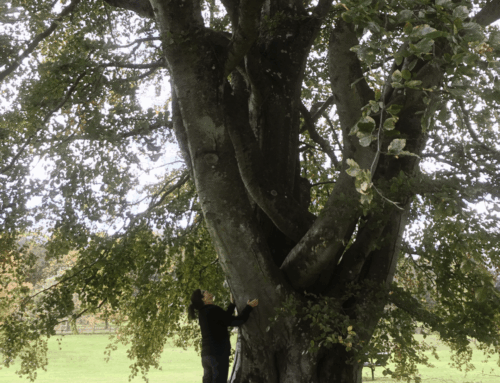
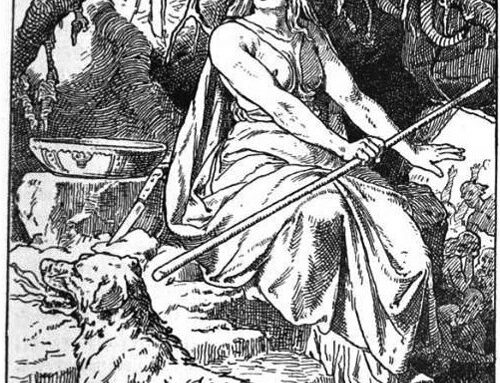
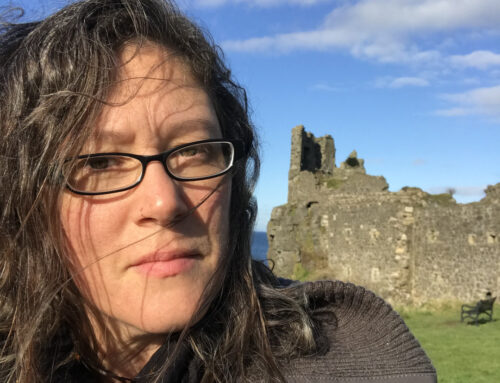

Leave a Reply